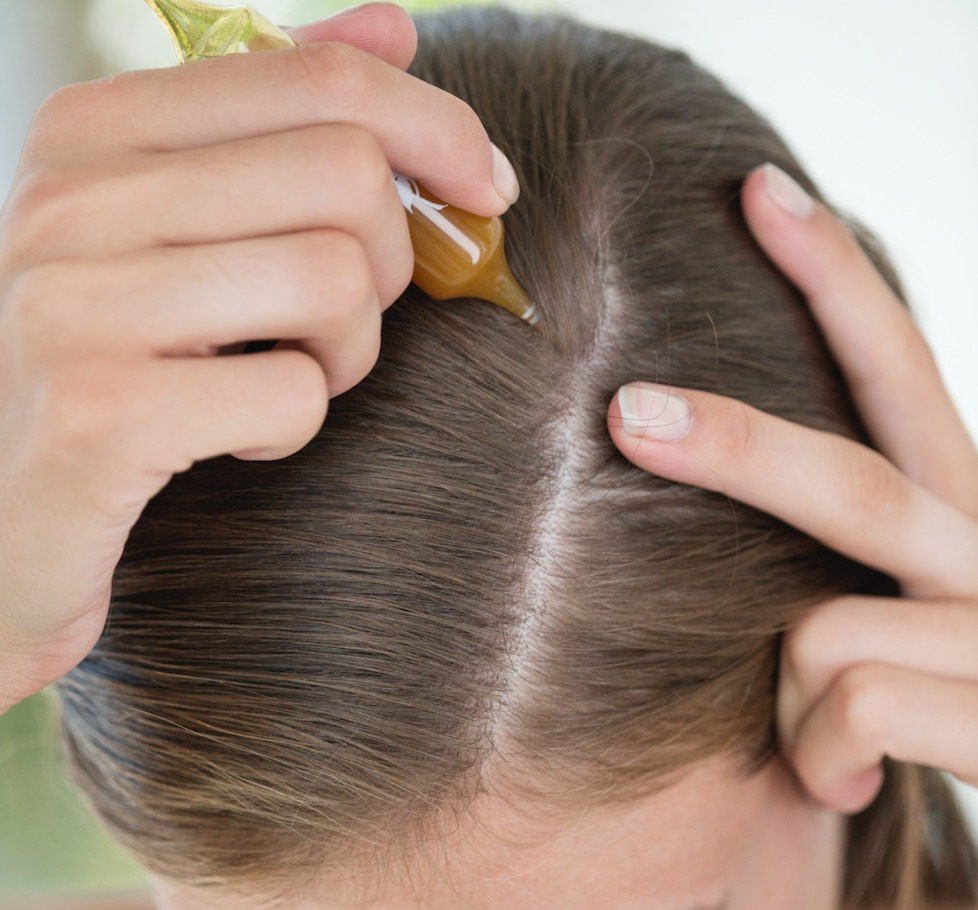Hair loss is a common problem that affects both men and women. According to the American Academy of Dermatology, it’s normal to lose 50 to 100 hairs every day. However, if you’re losing more than that, you may be experiencing hair loss. Hair loss can be caused by a variety of factors, including genetics, stress, nutritional deficiencies, hormonal changes, and more. In this article, we will explore the causes of hair loss and offer solutions to prevent it.

Understanding Hair Loss
Hair loss, also known as alopecia, is the result of hair falling out from the scalp or other parts of the body. There are many different types of hair loss, but the most common is androgenetic alopecia, also known as male or female pattern baldness. Androgenetic alopecia affects both men and women and is caused by genetics.
Other types of hair loss include telogen effluvium, anagen effluvium, traction alopecia, alopecia areata, and scarring alopecia. Each of these types of hair loss has its own causes and treatments.
Causes of Hair Loss
- Genetics
The most common cause of hair loss is genetics. Androgenetic alopecia is caused by a genetic predisposition to hair loss. This means that if your parents or grandparents experienced hair loss, you may be more likely to experience it as well.
- Hormones
Hormones can also play a role in hair loss. Androgens, which are male hormones, can cause hair loss in both men and women. This is why androgenetic alopecia is sometimes called male or female pattern baldness.
- Nutritional Deficiencies
Nutritional deficiencies can also lead to hair loss. Iron deficiency, for example, can cause hair loss in both men and women. Other deficiencies, such as vitamin D deficiency, can also lead to hair loss.
- Stress
Stress can also cause hair loss. When you’re under stress, your body produces more cortisol, a hormone that can cause hair loss. Chronic stress can lead to long-term hair loss.
- Medications
Some medications can also cause hair loss. Chemotherapy drugs, for example, are known to cause hair loss. Other medications, such as antidepressants and blood thinners, can also cause hair loss.
- Medical Conditions
Certain medical conditions can also cause hair loss. Thyroid problems, for example, can cause hair loss. Autoimmune disorders, such as alopecia areata, can also lead to hair loss.
Solutions to Prevent Hair Loss
- Proper Nutrition
One of the best ways to prevent hair loss is to eat a healthy and balanced diet. Make sure you’re getting enough protein, which is essential for healthy hair. Iron is also important for hair health, so make sure you’re getting enough iron in your diet.
- Manage Stress
Stress can be a major factor in hair loss. To prevent hair loss, it’s important to manage your stress levels. Exercise, meditation, and other stress-reducing techniques can help.
- Avoid Tight Hairstyles
Tight hairstyles, such as braids and ponytails, can cause hair loss. If you wear your hair in tight hairstyles frequently, consider changing your hairstyle to a looser style.
- Use Gentle Hair Products
Harsh hair products can damage your hair and lead to hair loss. To prevent hair loss, use gentle hair products that are free of harsh chemicals.
- Get Enough Sleep
Getting enough sleep is important for your overall health, including your hair health. Aim for 7 to 8 hours of sleep each night.
- Seek Medical Advice
If you’re experiencing hair loss, it’s important to seek medical advice. Your doctor can help determine the cause of your hair loss and offer treatment options. Depending on the cause of your hair loss, your doctor may recommend topical or oral medications, hair transplant surgery, or other treatments.
- Use Hair Growth Supplements
Hair growth supplements, such as biotin, can help promote hair growth and prevent hair loss. However, it’s important to speak with your doctor before taking any supplements to ensure they’re safe for you to use.
- Avoid Smoking
Smoking can lead to hair loss, as well as a variety of other health problems. To prevent hair loss, it’s important to quit smoking.
- Avoid Excessive Heat Styling
Excessive heat styling can damage your hair and lead to hair loss. To prevent hair loss, avoid excessive heat styling and use heat protectant products when styling your hair.
- Use Essential Oils
Essential oils, such as peppermint oil and lavender oil, can help promote hair growth and prevent hair loss. However, it’s important to dilute essential oils before using them on your hair to avoid irritation.
Hair loss can be a frustrating and distressing problem. However, with the right prevention and treatment strategies, it’s possible to maintain healthy hair and prevent hair loss. By eating a healthy and balanced diet, managing your stress levels, avoiding tight hairstyles, using gentle hair products, getting enough sleep, seeking medical advice, using hair growth supplements, avoiding smoking, avoiding excessive heat styling, and using essential oils, you can help prevent hair loss and promote healthy hair growth. Remember, if you’re experiencing hair loss, it’s important to speak with your doctor to determine the underlying cause and receive appropriate treatment.
